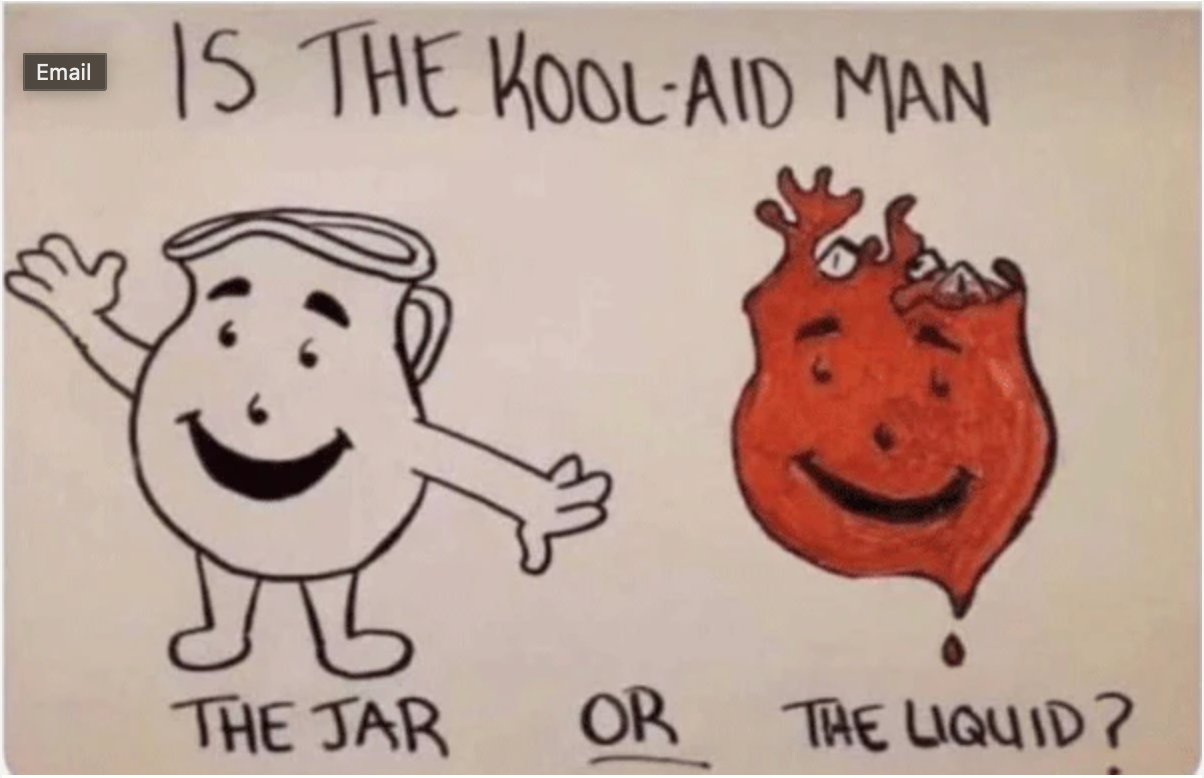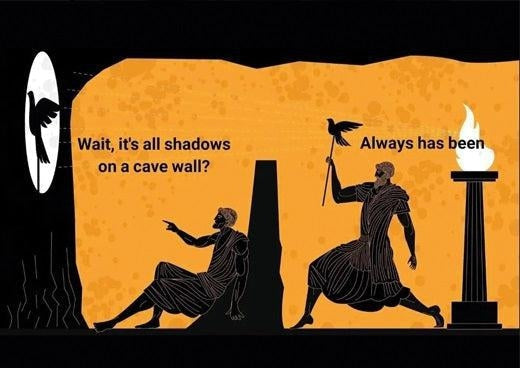Philosophical Dictionary
-

How Language Shapes Thought: Exploring Wittgenstein's Philosophy and the Sapir-Whorf Hypothesis
By Markus Uehleke
Discover how your language might be shaping—or limiting—your thoughts. Explore Wittgenstein's revolutionary "language games" concept and the truth behind the Sapir-Whorf hypothesis. Learn why linguists believe the words we use influence but don't determine our perception of reality. -

Descartes' Philosophical Revolution on Mind-Body Dualism
By Sarthak Dhole
Join us as we explore Descartes's philosophical revolution which is listed amongst the likes of Newton and Copernicus. Descartes, a Rationalist, sought to rebuild knowledge on the foundation of reason alone, famously using his method of Cartesian Doubt to discard uncertain beliefs making him an extremist Socratic reincarnation. We delve into his Meditations 6, particularly his exploration of the mind-body problem, where he argued for the distinct, yet interacting, substances of mind (res cogitans) and body (res extensa). We also look at criticisms of Descartes’ Dualism by figures like Princess Elizabeth and Gilbert Ryle, who mockingly called it the “Dogma of the Ghost in the Machine.”
-

Sisyphus: The Absurd Hero or Asymptomatic Case?
By Markus Uehleke
We ask the tough questions here: what if Sisyphus is just asymptomatic and his happiness is not at all transferable to us "normal" people? Is Camus' assertion more than the "it is what it is" for educated people, even if it is repeated like a mantra in some places?
-

Kant's Thing-in-Itself: The Reality Behind the Curtain
By Markus Uehleke
Kant proposed that our perception of the world is shaped by our senses and mental faculties, filtering reality into a comprehensible form. The "Thing-in-Itself," however, represents the elusive reality that lies beyond our perceptual limitations. By grasping this concept, you can challenge the boundaries of your own understanding and explore what lies beneath the surface of appearances. -

Beyond Good and Evil: Unleashing the Power of Nietzsche's Overman
By Markus Uehleke
Nietzsche viewed the overman as a higher state of being, where individuals embrace their instincts, desires, and passions to unleash their creativity and power. We try to highlight what Nietzsche specifically meant by this. -

Plato's Allegory of the Cave: Unveiling the Truth Behind the Shadows
By Markus Uehleke
Plato's Allegory of the Cave explores the notion of being trapped in a world of shadows and illusions. It invites us to question our perception of reality and contemplate the existence of ideal forms that transcend the physical realm.

















